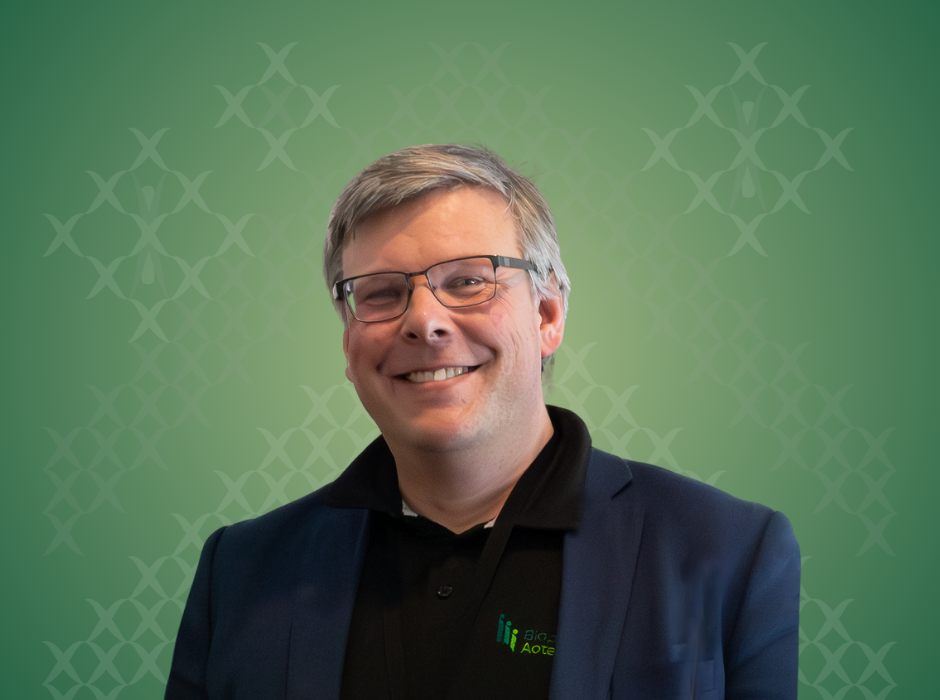Project Details
Moemoeā
Our vision is that Aotearoa New Zealand will have the necessary tools – designed for us, by us – to reduce harm from invasive wasps. We will weave together scientific, social, and cultural knowledge to enhance our country’s ability to make decisions about using genetic technologies for pest control.
Project Overview
Aotearoa New Zealand’s natural environment is under constant threat from invasive species such as wasps. We are exploring the viability of a new pest management technique, called gene drive, that could change how we manage the harm that pests cause in this country.
It could mean a step-change in the protection, preservation and restoration of our unique native biodiversity and productive landscapes.
There is much to be learnt about this technology. We are on a journey of discovery that involves weaving together scientific, cultural and social research. We are finding out how this technology might reduce wasp numbers, while talking with people about their diverse perspectives and concerns.

We do not have any predetermined outcomes. To date no gene drive has been released anywhere in the world – and one will not be released as part of this study. We are doing the scientific research in a fully contained lab facility that follows international best practice.
Our project will improve our ability to make robust and ethical decisions about using this technology for pest management. By involving mana whenua and the public, this work is responsive to our unique circumstances in Aotearoa New Zealand.
Project Outcomes
Ultimately, the project exists to help bring back the birdsong to our backyards and bushwalks, to stop wasps from spoiling our experiences of nature, and to reduce the negative effects of wasps on agriculture, tourism and health.
The project has 3 workstreams:
(1) The scientific workstream aims to confirm if gene drives are a safe and effective wasp population control method. We are also exploring unknowns about wasp biology that might help us reduce their impact in other ways in the future.
(2) The social science workstream will open a conversation with New Zealanders about wasp management and how this technique could add to community-led approaches to pest control.
(3) The Te Ao Māori workstream will explore how Indigenous knowledge (mātauranga Māori) can help us understand mana whenua perspectives on the impacts of wasps and considerations for gene drive development.
What we are doing
- Understanding if we can build gene-drive systems for wasp management that are safe, ethical and effective.
- Developing the knowledge needed for informed decisions about a technology that may transform our productive sectors and safeguard our taonga biodiversity.
- Giving the community agency and a meaningful voice in discussions. We are actively listening, do not have predetermined outcomes, and want to understand concerns, implications and alternatives.
- Acting in alignment with our values of kaitiakitanga (being good guardians of our natural environment) and manaakitanga (wasps are someone else’s taonga and we need to consider how this technology will impact them).
- Involving mana whenua as partners to grow capacity and explore opportunities to incorporate Te Ao Māori and mātauranga Māori.
- Considering specific local issues associated with wasps in Aotearoa New Zealand and the potential place-based impacts of this technology.
What we are NOT doing
- Advocating for gene drive as a ‘silver bullet’ or making a decision about the use of the technology.
- Releasing gene-drives, genomes or genetic material outside the lab.
- Eradicating wasps (gene drive will only reduce their numbers).
- Telling the community what to do (we are instead listening to your perspectives and concerns).
- Putting someone else’s taonga at risk (where wasps are native).
- Replacing community-led pest control (we are adding and complementing it).
We consistently receive inquiries regarding this project and have assembled a repository of responses to address our frequently asked questions.


